Not just a tech war: What China can do to better compete with the US and create a better world
An admirer of Chinese culture and of China's warm and people-centred way of life, US academic Wu Guo says that China need not seek to win over the US in every field, not least in the high-tech domain. It actually has a powerful advantage that has been underutilised - a rich culture that goes back thousands of years and a way of life that nurtures bonds of community, kindness and civility. If those outside China see this softer side of China, surely they will be less hasty to cast the first stone?
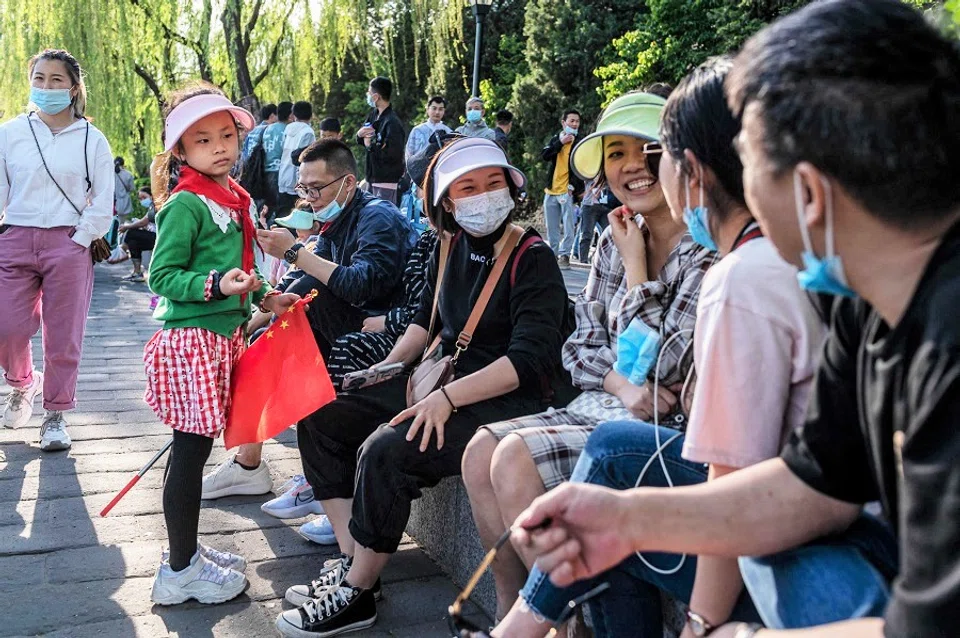
(Photos: By Wu Guo unless otherwise stated)
The US Senate passed the US Innovation and Competition Act in June 2021, signaling escalating China-US competition in the high-tech sector. Does China have to fight and triumph over the US in every aspect of the field? I have my reservations about this.
As a distinctive civilisation, China has a long tradition of finding the "the golden mean" (中庸之道) and of seeking balance and harmony. It also has much tangible and intangible cultural heritage that has been passed down for generations, and philosophies that Confucian elites have consistently upheld. Following trials in the modern era, China has reflected on itself and overcome various challenges. It did not stick to its old ways and traditions but began learning from the world.
Comparing life in China and in the US
Before I went abroad for further studies, I lived in China for 26 years, visiting various Chinese provinces and experiencing different regional cultures. I have lived in the US for 20 years, and have also been to Australia, Japan, South Korea, Taiwan, and Hong Kong. Over the last ten years, I have made it a point to return to China every year to visit my relatives, attend meetings, conduct research and let my children take in China's landscapes and culture. During my visits, I observe that the Chinese way of life has its own characteristics and charm, and is still in the process of being improved. In the US, I would bring my family on road trips during the holidays to visit different cities too. Comparing the two lifestyles I experienced, China's unique advantages are obvious.
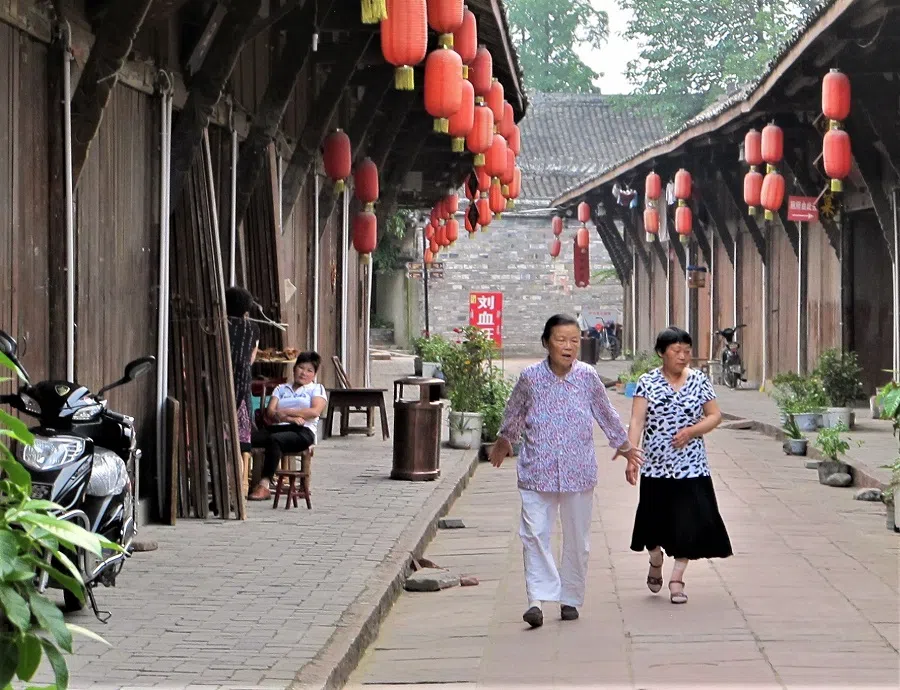
When driving long distances in the US, because both sides of the highway are mostly dotted with trees, there is actually nothing much to see. In the Midwestern region, you generally see large swathes of grassland. But each American household has its own lawn and thus the landscape is not particularly alluring. China, on the other hand, has more diverse regional cultures; each locale has its own landscape, architecture and living conditions, which offers a completely different experience from the US that largely looks the same.
In most cities in the US, if you travel by car and plan the trip mostly for the kids, the things you can do are pretty dull as well. Generally, every city has a well-managed children's museum, science museum and art museum. But because the US's history is relatively short, there will be exhibitions featuring modern collections and technology, but hardly any showcasing historical artefacts. As most Americans drive and residential complexes are spread out, the American lifestyle does not typically include a bustling nightlife. When night falls, one wouldn't go to the deserted and possibly unsafe city centre and there are no other family-friendly activities as well, adding to the monotony and inconvenience.
Over the course of American history, American culture has prized and promoted individualism. Sociologist Fei Xiaotong in fact described Western culture as individualism driven by self-interest. Thus, in the past, learning how to drive and getting one's first set of wheels was seen as a symbol of adulthood and independence. Living in a house with a white picket fence in the suburbs was also a dream of the American middle class. However, these aspirations have brought about interpersonal alienation and undercurrents of confrontations which run counter to East Asian culture. Due to the US's highly developed automobile industry, many cities are criss-crossed by highways. These cities are convenient for drivers but are not pedestrian-friendly, making them seem aloof and on edge. Driving also easily results in mental stress and conflicts due to road rage. Furthermore, a reliance on cars also reduces the autonomy of the elderly and children who can't drive.
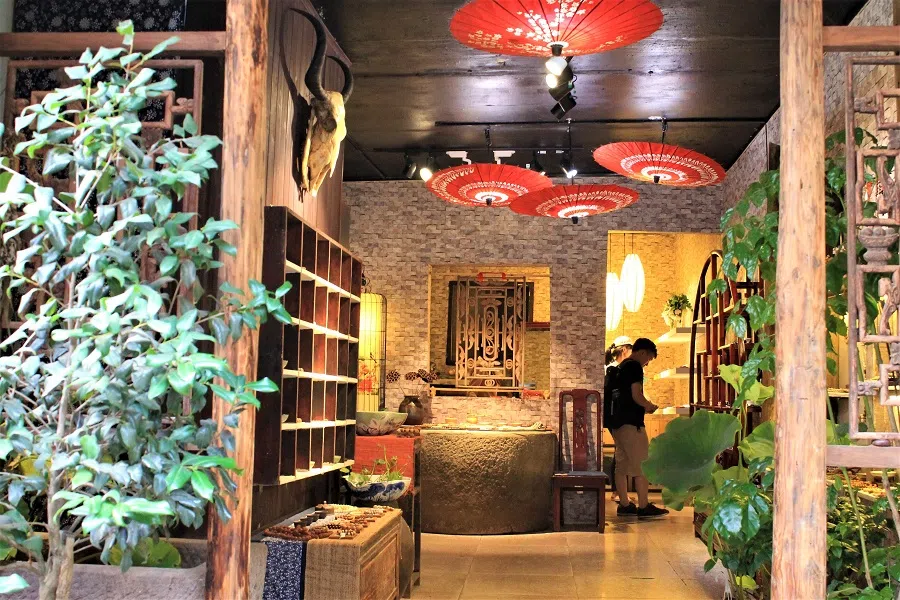
In recent years, provincial museums across China have made much progress in incorporating high-tech interactive elements into their exhibits. This has greatly facilitated the work of passing on the country's rich cultural heritage and even disseminating archaeological knowledge to the public. This is another major cultural characteristic of China. When a young post-95s generation friend of mine visited the Henan Museum, she broke down in tears when she heard music from the Tang dynasty of a thousand years ago being played. She commented on social media, "Our ancestors are truly amazing!" I personally have a deep impression of the Hubei Provincial Museum because of its modern management style and exquisite exhibits.
Such is the enduring charm of Chinese culture aided by modern technology, and such a museum culture is not easy to find in American state museums. This is because most museums in the US lack ancient cultural relics; even if there are exhibits from China, it is not possible to exhibit them along with accompanying music, let alone create an immersive experience for the audience or help them visualise scenes of history just by holding the exhibition in the very land where these artefacts were found. In Chinese cities, there is greater interactivity and participation, and children's museums of science and technology founded on the mission of promoting science are no longer novel. But unlike many of the US's museums and science museums, China's museums and science museums generally offer free admission.
As East Asia is densely populated, it has an active and vibrant street life and nightlife, with a wide array of street eats to choose from. It is also relatively safe and conducive for families who want to enjoy a leisurely walk or have an immersive experience in the streets and alleyways especially if there are no specific attractions to visit in the evening or even at night. Such a convenient lifestyle instantly attracts many Americans when they come to China.
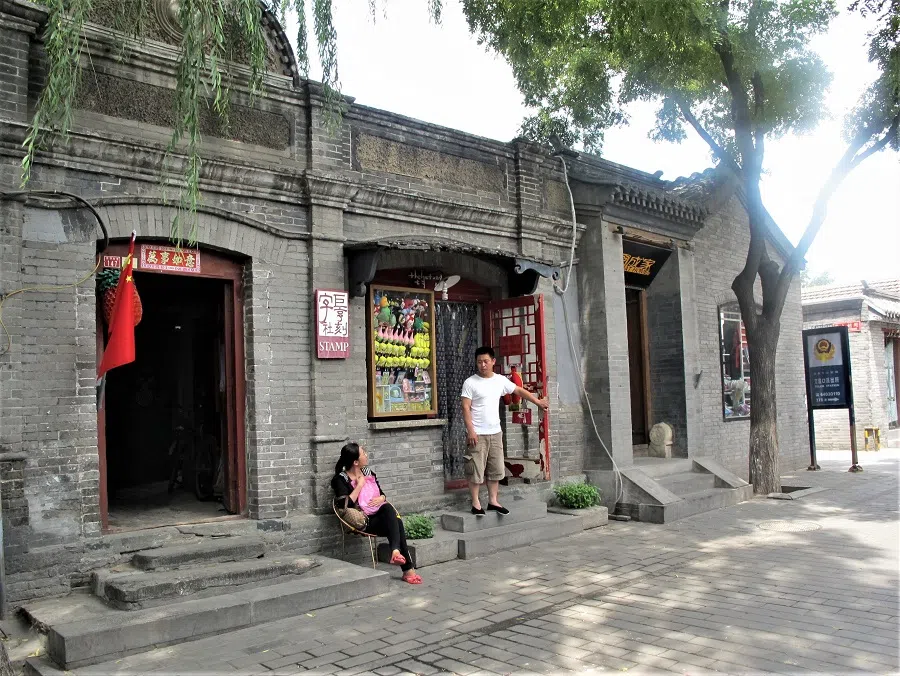
In terms of tourism, China is also more interesting and offers more people-oriented services than the US. For example, there is a government-operated tourist bus line that takes one from Beijing's Qianmen to Badaling Great Wall. The journey, which is an hour long and has tour guides onboard, only costs 20 RMB. The tour guides offer information such as how to get back after the tour, how one should not miss the bus, where to buy tickets or have a meal etc. They would also interact with the tourists who come from all around the world.
To me, China's meticulous service stems from the care and consideration exemplified in Chinese culture. This is essentially different from the more mechanical, by the book, professional culture of the US that expects tips for services. That is to say, Chinese culture values human relationships more than Western culture. To me, such a focus on human relations and care for others, coupled with the availability of more relaxed, enriching, and safe daily leisure activities, are not only worthy of the attention of the Chinese, but should also be experienced by overseas Chinese youths, and introduced to the West.
When I was in Xi'an with my children, I easily rented a car from a local tour company at a reasonable price via WeChat, and could bring them to see the Terracotta Army and visit the Banpo Museum. I even asked the driver to bring us to try some local specialities halfway through the trip.
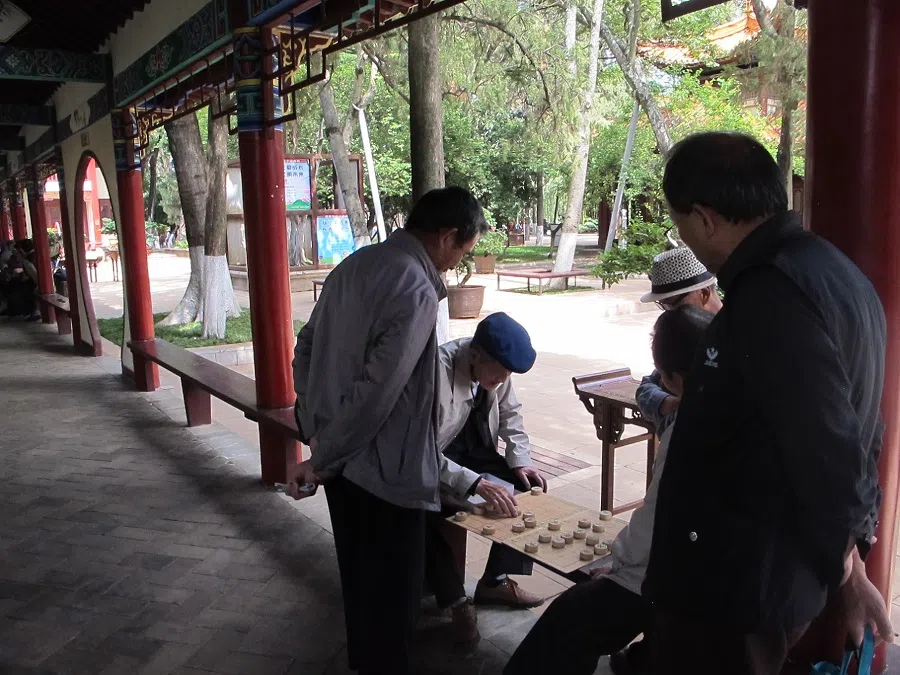
Some Chinese tourists in the US marvel at the low prices they find there, but the fact is that they have overlooked two things: one, these affordable products are made in China; and two, US labour services are extremely expensive. In my aforementioned experience in Xi'an, tourist car hire companies have not only provided job opportunities for drivers with a rural background, but also offered convenience to tourists. Furthermore, during the car ride, interesting conversations can be sparked off between the tourist and driver, where nuggets of life or opinions are exchanged. Such experiences are not so easily available in the US, where one either drives their own car or rents a car to drive on their own. During these car rides, I also got the distinct impression that the man on the street in China is more diligent than the average American.
In the dining area outside Emperor Qinshihuang's Mausoleum Site Museum, I was delighted to find a small post office for tourists to send postcards to their loved ones. I think this is another example of the meticulous and caring side of Chinese service.
China and its contemporary image should be portrayed as a kind of lifestyle - integrating street life, human interactions and public activities...
China should highlight convenience and warmth of daily life
If China wants to break free from the politicised reports of Western media and present itself to the world in a new way, I think that it can highlight the convenience and warmth it brings to daily life. Actually, it was not until many Americans visited China themselves that they came to see a completely different Chinese society from what is described in the media. I once asked an American student studying in China what the difference was between the two countries. He said that people were closer to one another in China. He often met his Chinese supervisor and invited him over to his family's apartment to catch up. He loved his lifestyle in China.
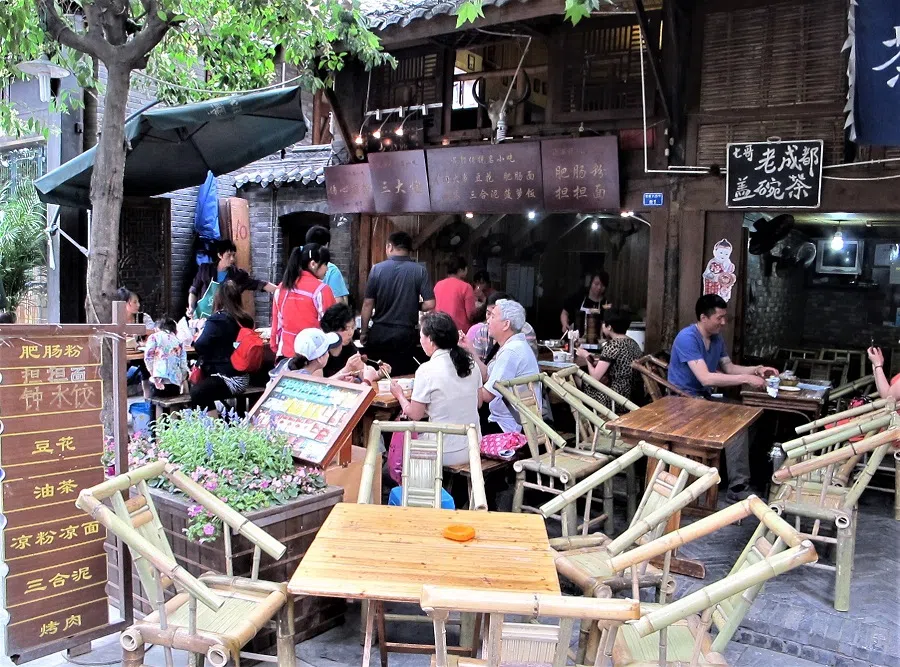
Once insanely popular in mainland China, Chinese American singer Fei Xiang was born and raised in Taiwan and later gained fame in both the mainland and Taiwan before heading back to the US. In an interview, he described the US as a country with a short history, no culture, and citizens who are not curious about the world outside the US.
If we say that Hollywood movies have created a certain image of "urban America" typically set in New York and Chicago, Chinese media can portray the balance between modernity and tradition and that between individuals and groups in Chinese urban life, in depth. That is, not competing with the old American image of skyscrapers or showing off the facades of its architecture, but illustrating the more balanced and peaceful mien of daily life. But such balance should not be like the utopian lifestyle portrayed in video blogger Li Ziqi's videos, which seems to show the beauty of being detached from reality, but a realistic portrayal of everyday life.
China and its contemporary image should be portrayed as a kind of lifestyle - integrating street life, human interactions and public activities (in the US, public activities are often confined to the physical space and interpersonal network of the church while Chinese culture is not limited by this constraint). The emphasis should be on such a rich and vibrant lifestyle.
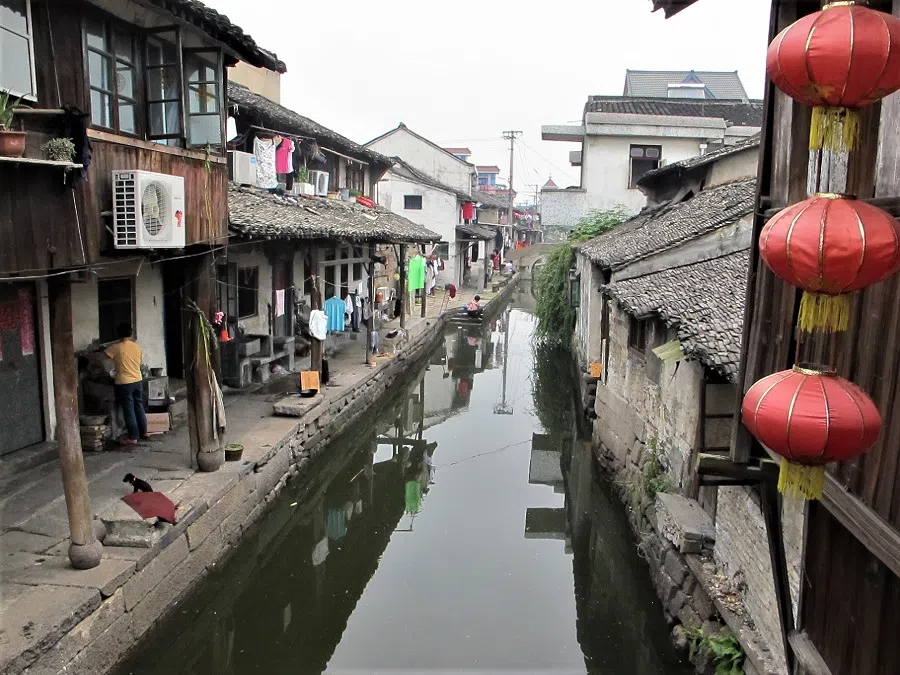
Emphasising a balanced and harmonious lifestyle would also help balance the US's current sensitivity towards its competition with China in the high-tech field. While high technology is the US's forte and an area that Americans particularly value, apart from core defence technologies, there is no need for China to go head to head with the US in every aspect of the field. In particular, there is no need to boast of its achievements in adapting high technology for daily use.
The rapid development of the use of technology in daily life has created a group of people who are left behind by technology. This is detrimental to social justice and harmony.
The uniqueness of China lies in its relatively concentrated residential areas. The closeness of interpersonal relationships, and correspondingly, the street culture, small bites, and convenience markets that have endured for thousands of years but have undergone modern transformations, as well as the various low-cost leisure activities that have emerged in public green spaces and squares in recent years. These indeed make up a unique way of life. Such a convenient and lively lifestyle is common among its population of over a billion people. It offers an attractive way of life to Westerners who are visiting or living in China that no one can deny. With such a lifestyle rooted in traditional psychology integrated seamlessly with modern technology, China has created for itself a unique path. Today, some Chinese youths have spontaneously combined traditional cultural and artistic elements with modern technology to produce and disseminate creations with a national flavour (国风 guofeng). This is also worthy of recognition and attention.
If we want a theoretical argument of this, we may need to argue for the Chinese way of life and the cultural ethics behind it: how can we reduce our reliance on private cars in the modern era? How can we reduce interpersonal alienation and the resultant psychological crisis? How can we provide a more humane and warm service to people beyond being professional? How do we balance logic and emotion?
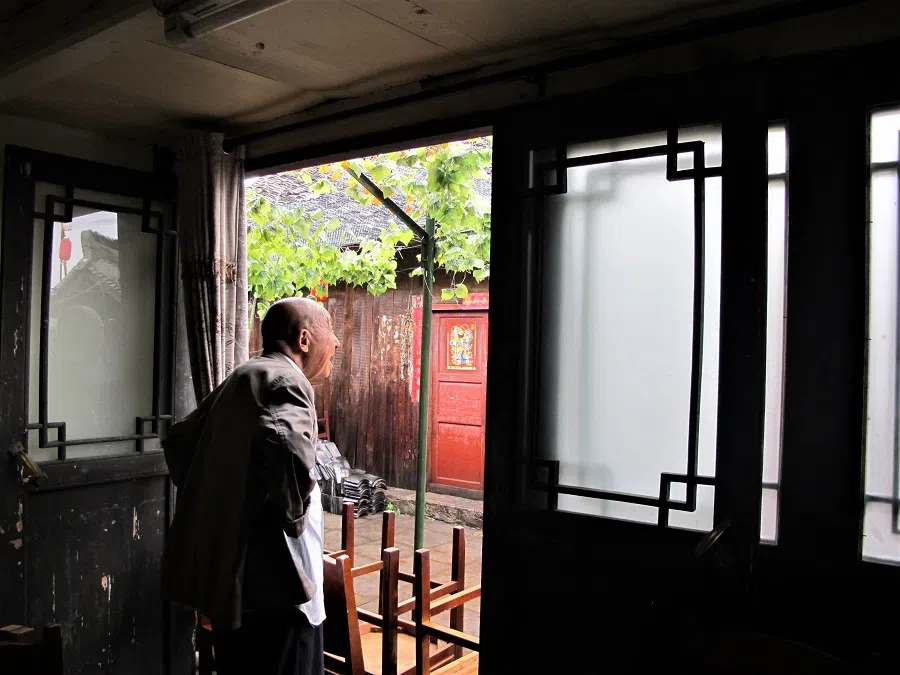
Areas of improvement
But then again, a mature modern society should first be a society that accommodates and meets the needs of different groups, and not one that exerts pressure on the people because of a lopsided pursuit of technological progress. Half of the Chinese population still lives in the rural areas of China. In 2018, 10.6% of the country's population are 65 and above, implying that China is becoming an ageing society. The rapid development of the use of technology in daily life has created a group of people who are left behind by technology. This is detrimental to social justice and harmony. Society should not only take care of the lifestyles of all people, but should also appropriately curb the unrestricted development of technological applications.
In terms of payment methods, Chinese media have sometimes overhyped the use of mobile payment and the phasing out of paper money, as well as the use of facial recognition or the elimination of paper ticket offices at tourist attractions. These reports do nothing but create unnecessary technology anxiety. Paying for products and services is basic in everyday life. It is a fundamental right of all people, be it the elderly, children, the underprivileged or disabled. It would be unfair to everyone if payment methods were to be distorted and turned into technological privileges in the name of progress and development.
Not technology for technology's sake
In this area, credit has to be given to the US. Although the US controls the majority of core technologies, one can still choose to pay via credit cards, debit cards, cash, mobile payment, or even the ancient method of writing cheques (which most elderly are used to doing) in the shopping malls. Tickets are still manually checked at the train stations, and paper tickets are still sold at tourist attractions - no one in the US feels that using paper money is bothersome or an outdated mode of payment. As such, payment methods will never become a problem to Americans and foreigners visiting the US because service is centred on catering to the needs of the customer and not on the absolute pursuit of advanced methods.
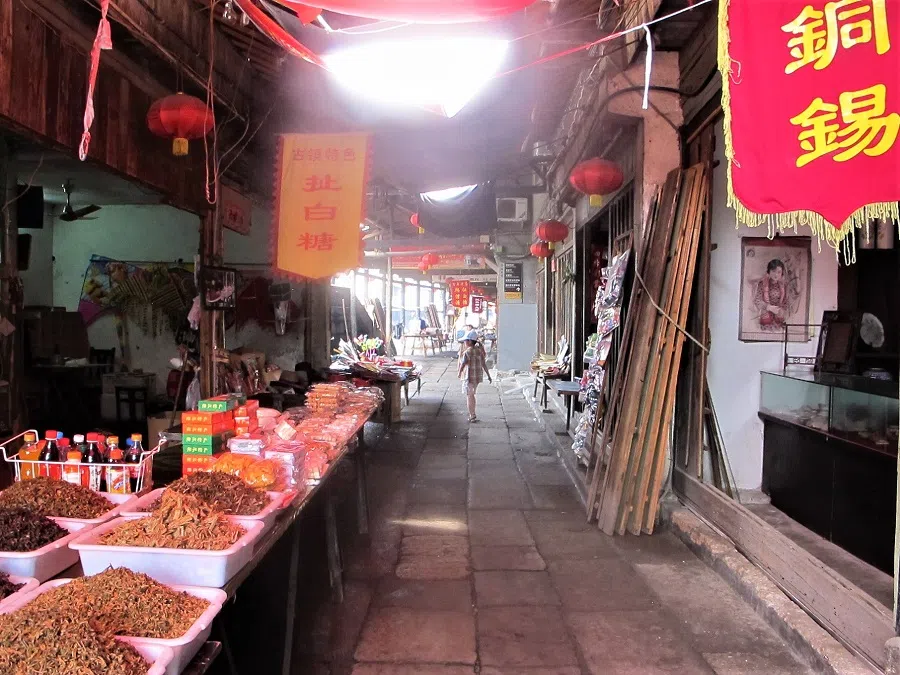
In the summer of 2018, I personally experienced the hassle of the Forbidden City doing away with the sale of physical tickets and having to liaise with volunteers (an equally manpower-intensive system) on ticket enquiries. I also encountered the inconvenience of not being able to use international credit cards to pay on the Forbidden City's online ticketing website. I do not think that removing the sale of paper tickets is an achievement to be proud of.
Moreover, features such as platforms allowing the wheelchair-bound to get on and off the bus easily, automatic doors that can be operated by those on a wheelchair etc., can be put in place without the most advanced technology. However, on public buses in China, I have witnessed numerous cases of drivers driving off before people who are less mobile can safely get off the bus. While bus drivers may just be doing their jobs, institutional changes can bring about more humane services, which are again unrelated to high technology. In contrast, because there is low demand for bus services in the US, there are few buses in operation. Yet, American bus drivers are far more patient than their Chinese counterparts. In the US, assisting wheelchair users to get on and off the bus is taken as the bus driver's responsibility. I have also seen bus drivers in Japan provide the same service. This is the reflection of how civilised a country's people are.
In addition, frequent workplace accidents that have resulted in a huge number of casualties also reveal that China's governance at the grassroots level is still quite shoddy. Yet, improving safety supervision and enhancing the quality of life pertains to having more respect for life and for common sense, as well as a stricter implementation of basic rules. This is again unrelated to high technology.
It should think about how it can truly build a secular, safe, and balanced way of life, and a better world that integrates natural landscapes and human history, even as it develops artificial intelligence, space technology, and 5G.
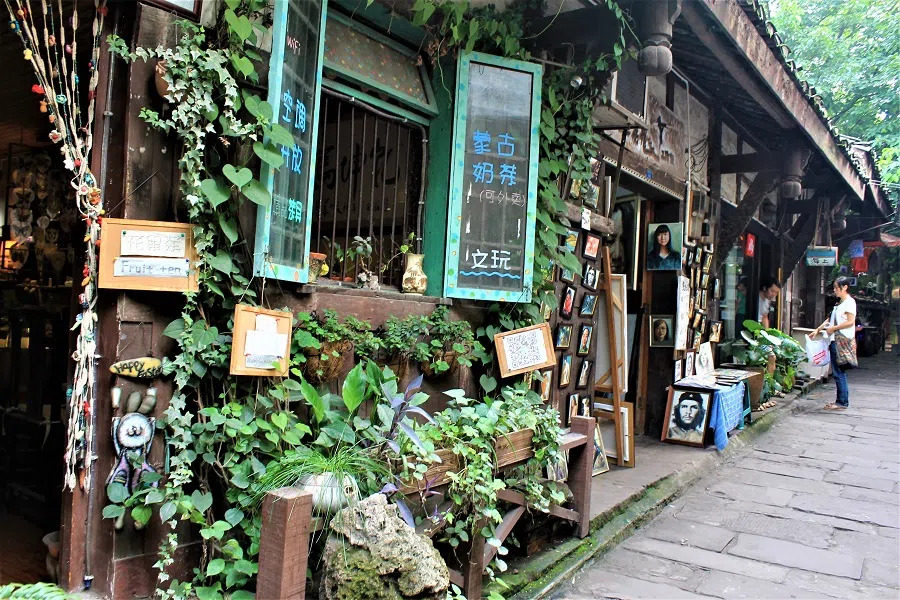
The modern transformation of a Chinese civilisation involving over one billion Chinese people is a unique phenomenon in world history. While Chinese civilisation is neither the only ancient civilisation nor the oldest one, it is certainly a relatively independent civilisation that has remained unbroken and experienced the least external impact. Compared with the civilisations of Europe, Asia Minor, and India, the Chinese civilisation did not experience the rise and fall, collision, reconciliation and mutual enlightenment of Greek, Roman, and Arab cultures, or that of Christianity, Islam, and Judaism. Apart from the influence of Buddhism, and of Central and Western Asia cultures, as well as the integration of northern nomadic culture, Chinese culture mostly developed independently with the doctrine of the golden mean and Confucianism at its core, whilst influencing its periphery in the same manner.
This is a different historical trajectory from the constantly mixing and clashing European civilisation, the US that has a short history and was built on the New World, and other ancient civilisations completely colonised by the West. Contemporary China has inherited an extremely rich heritage of tangible and intangible culture as well as diverse regional cultures. China should consider doing some serious reflection, theoretical summaries and policy practice in these areas. It should think about how it can truly build a secular, safe, and balanced way of life, and a better world that integrates natural landscapes and human history, even as it develops artificial intelligence, space technology, and 5G.
I think that this is where China can not only truly distinguish itself from Western culture, but also reflect its own characteristics, and bring out its attractiveness and increase its influence capacity. It does not necessarily need to compete with the US in the high-tech sector to achieve all these.


![[Big read] When the Arctic opens, what happens to Singapore?](https://cassette.sphdigital.com.sg/image/thinkchina/da65edebca34645c711c55e83e9877109b3c53847ebb1305573974651df1d13a)


![[Video] George Yeo: America’s deep pain — and why China won’t colonise](https://cassette.sphdigital.com.sg/image/thinkchina/15083e45d96c12390bdea6af2daf19fd9fcd875aa44a0f92796f34e3dad561cc)